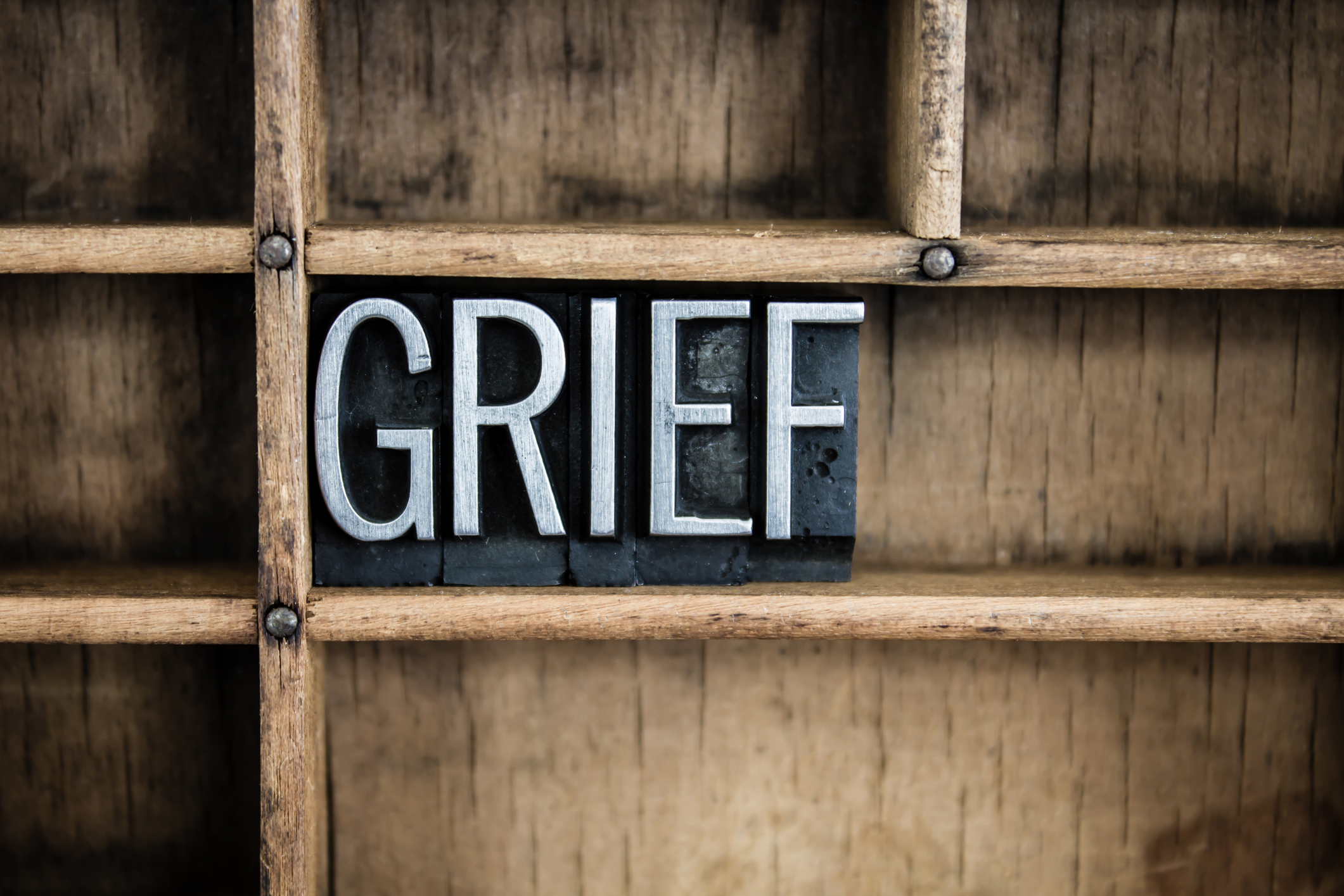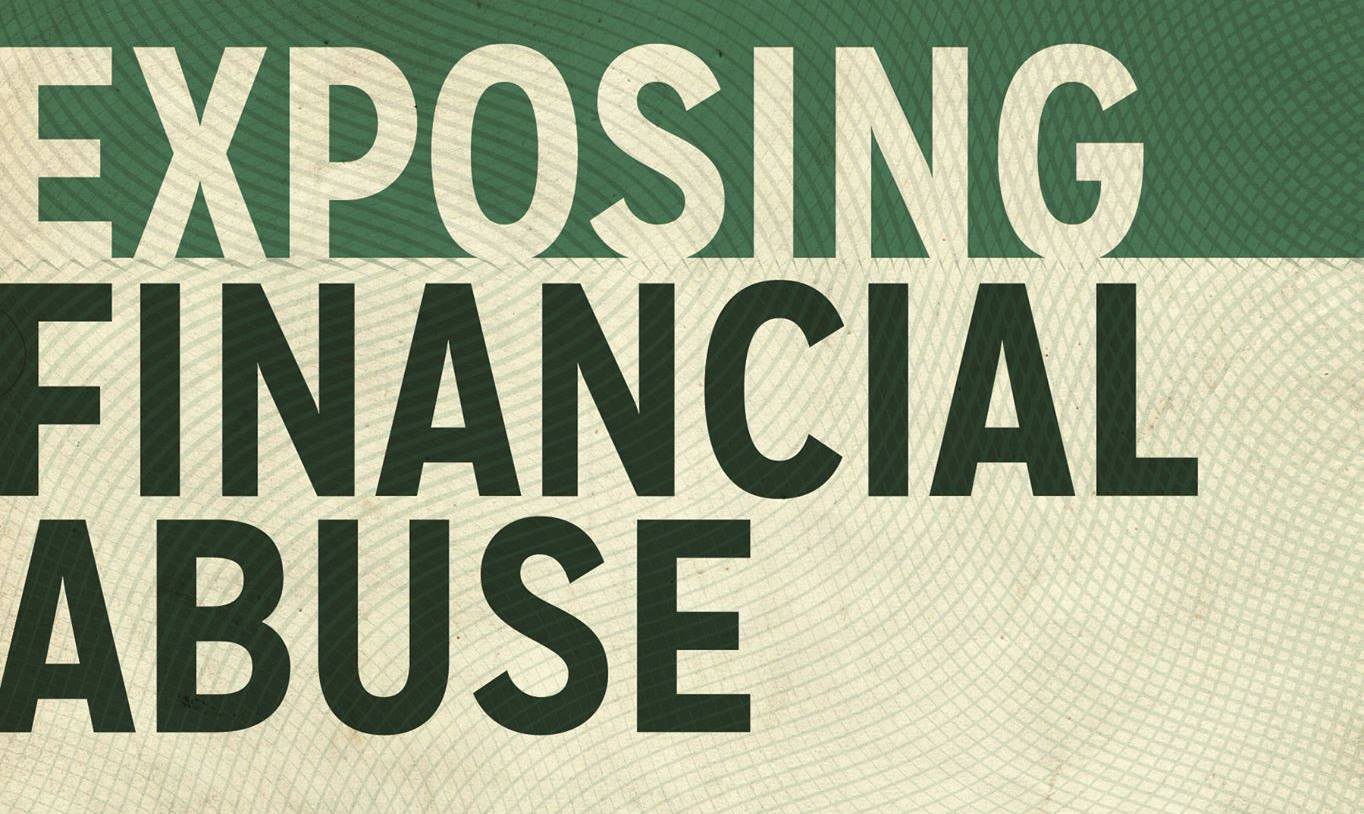
Abuse Recovery, Entrepreneur, Healing from Hidden Abuse, Quality of Life, Relationships
While we don’t expect sadness to accompany reaching a milestone in our growth, it’s a common experience. Once we’ve tasted the goodness of restoration in an area of life, we kick ourselves for not having made the changes sooner. In order to fully enjoy our growth, we...

Abuse Recovery, Family, Friends, Quality of Life
In each life, there will be sunshine and rain. In Texas, sometimes these two weather events happen at the exact same moment. I have taken my fair share of pictures with sunshine in the distance and dark thunderstorm clouds overhead. Life is often like Texas weather;...

Abuse Recovery, Healing from Hidden Abuse, Quality of Life
We are afraid to tell anyone. We are afraid to talk about the details. We are afraid of being blamed. We are afraid. Women have had horrendous things implied about them, said to them and done to them. Many of these actions were abusive and illegal. Yet, millions of...

Healing from Hidden Abuse, Relationships
Financial abuse. Economic harm. When money is used as a weapon within an intimate relationship. The conversation about exposing financial abuse is just now starting to get traction and we have a long way to go before this hidden form of relational abuse becomes widely...

Abuse Recovery, Family, Friends, Healing from Hidden Abuse, Quality of Life
With the release of the second book in the Healing from Hidden Abuse series, Exposing Financial Abuse: When Money is a Weapon, I have innocently been asked why this an important topic to cover. It’s a good question but one that, honestly, took me by surprise a...





